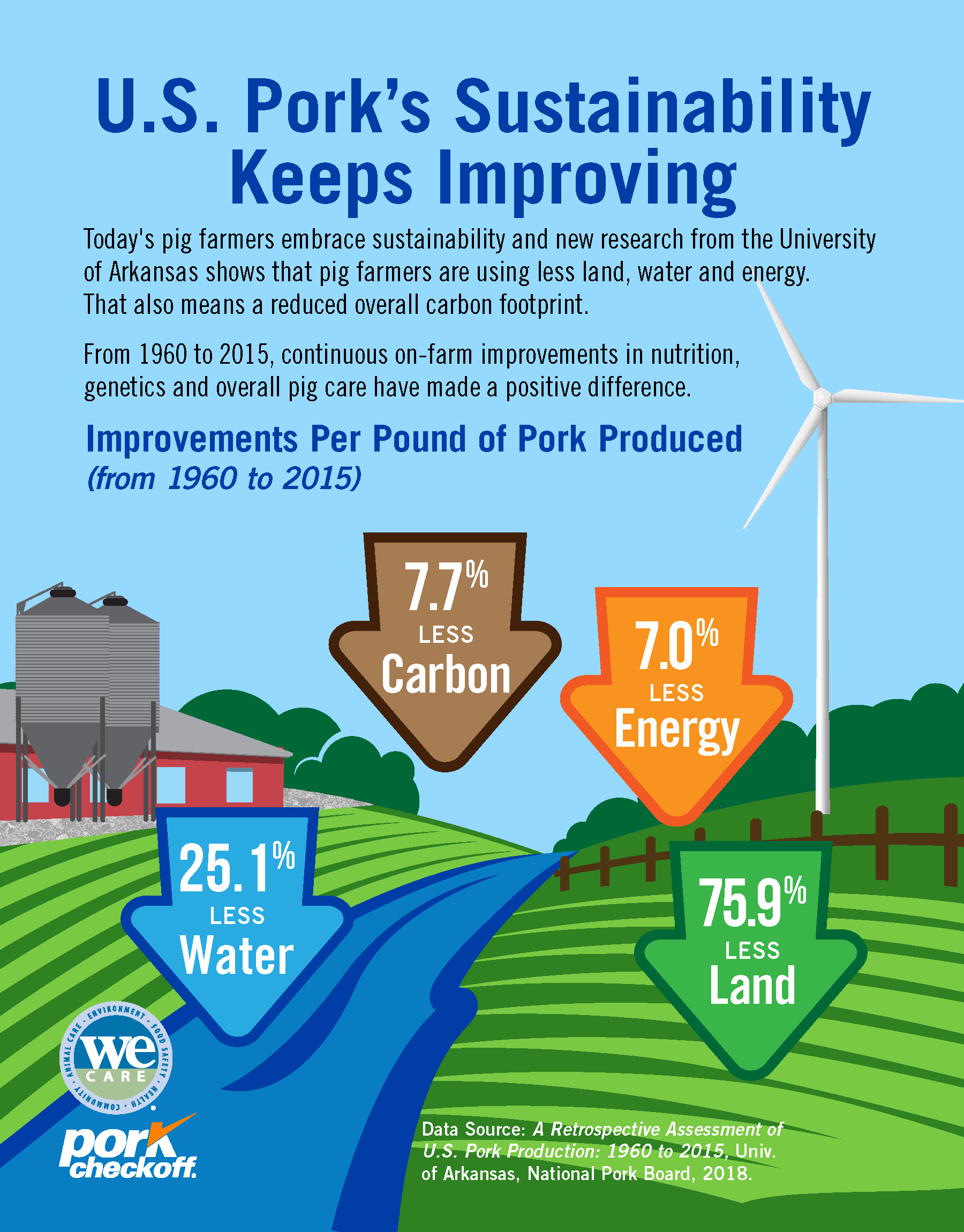From Family Farm to Table: The Minnesota Food Story
A Leader in Pork Production
- Minnesota ranks 2nd in the number of pigs raised and 2nd in value of the pigs
- Minnesota pig farmers marketed 16.9 million pigs in 2020
- More than 3,000 pig farms in Minnesota
Pigs are Valuable
- $7.28 billion in economic activity was generated thanks to Minnesota pork production in 2020
- Gross sale in pork from Minnesota pig farms in 2020 was $2.2 billion
- In addition to Minnesota pig farmers, raising pigs creates an additional 44,000 jobs like construction, trucking, feed milling, accounting, food processing, etc.
- The nutrients found in pig manure are used as natural fertilizers for Minnesota crop production and reduce the need for synthetic fertilizers
- Research finds that organic compounds in pig manure:
- Provide yield advantages for corn when compared to using synthetic, commercial fertilizers
- Help build and maintain soil structure which aids soils’ ability to hold water
- Improves soil aeration
- Reduces soil erosion
- Research finds that organic compounds in pig manure:
Pork’s Sustainable Future
Over the past 50 years, U.S. pig farmers have made great strides in sustainability.

How Pig Farmers Reduced Their Carbon Footprint
- Availability of better genetics
- Adoption of new technologies
- Fewer sows giving birth outside
- Advances in understanding nutritional needs of pigs
- Climate-controlled barns specifically designed for pig care and protection
- Improved on-farm practices to conserve and manage resources
- Precision manure application and advancements in manure storage have enhanced the benefits of the nutrient cycle
Less Grain Fed to Market Hogs (from 1982 to 2012)
- 2012: 2.95 lbs of feed per lb of gain (average market weight = 265)
- 2000: 3.09 lbs of feed per lb of gain (average market weight = 250)
- 1982: 3.82 lbs of feed per lb of gain (average market weight = 225)
Animal Care Top Priority
Farmers are committed to the care of their animals throughout ever stage of the pig’s life.
- Pigs are fed high quality diets that meet their nutritional needs.
- Farmers use the expertise of veterinarians when making decisions on administering antibiotics to their pigs.
- Antibiotics are used only when it benefits the health and well-being of the pig.
- All health care products used on pig farms are Food and Drug Administration approved.
Hormone Free Pork
Hormones are not approved for use in pigs raised for meat. Therefore all the pork you buy at the store is without added hormones. All pork contains natural hormones that are found in the pig’s body.
Certification Programs for Pig Farmers and Pig Transporters
- Individuals who provide daily care to pigs and those who transport live pigs take part in Pork Quality Assurance Plus (PQA Plus) and Transport Quality Assurance (TQA) trainings.
- These certification programs are required as a conditional of sale by all major packers.
- PQA Plus and TQA trainings teach best practices for managing pigs, the proper use of health products and techniques to assure pig well-being.
- The PQA Plus program offers a process for third party, on-farm evaluation of pig health, barn conditions and record keeping procedures.
